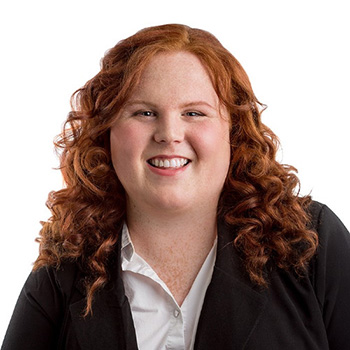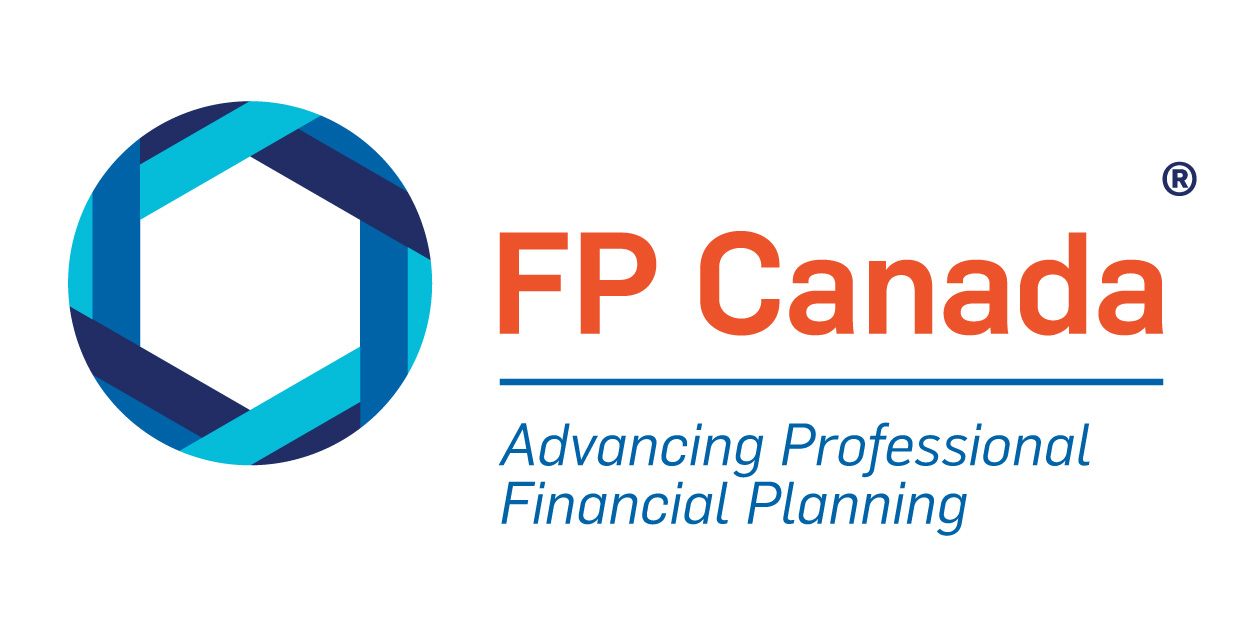Building a routine can help you understand your financial situation, plan for life’s ups and downs, and quiet your financial anxieties.
Thinking about money can be stressful. So, it’s only natural that many of us feel anxious when we attempt to tackle our personal finances. As a result, we may avoid making difficult financial decisions and miss out on potential opportunities, opting for a hide-it-under-the-rug approach instead. Unfortunately, refusing to face your finances can lead to further stress.
The 2024 FP Canada™ Financial Stress Index revealed that 44% of Canadians cite money as their leading source of stress — compared to 38% just two years ago. If you fall into this camp, the financial stress you’re experiencing may have a serious impact on your physical and mental well-being.
The good news is that you can overcome your money-related stress. Here are just a few tips to get your started.
Make a Habit of Looking Back
To overcome your anxiety related to money, you must first understand where it comes from — and that means looking back at your past financial decisions. While you may feel apprehensive about starting the process, it’s important to stay the course, even if you feel uncomfortable with what you find.
Financial statements are a great place to start. There are few things that provide such a black-and-white record of how you live your life — and the expenses involved. This is where feelings of discomfort can come in. And when they do, the best way to handle them is by taking a deep breath and addressing them head on.
Here’s how to get comfortable with the feelings that may arise as you revisit your past financial decisions:
- Schedule time to review your financial statements on a monthly basis.
- Understand your lifestyle and how it changes month to month — and find patterns if you can.
- Reflect on your spending and saving patterns to evaluate what you’re doing well and what you can improve upon.
- Think of helpful strategies you can rely on when you notice a problematic pattern in your spending or saving.
Focus on Your Financial Journey First
If you’re comparing yourself to others when it comes to your finances, you’re not alone. About 20% of Canadians feel pressure to keep up with their friends and colleagues’ financially, according to the Financial Stress Index. In the end, comparing your financial situation to others’ will only make it more difficult to address your own unique needs.
Only you know how to live your best life. What other people do with their finances may not work for you. While it can be challenging, it’s important to avoid playing the comparison game because we’re all on our own unique journeys. That’s why prioritizing yourself in your personal finance journey is crucial.
Get the Help You Need
There’s no shame in seeking help to assess the ins and outs of your personal finances. Remember, you don’t have to tackle this challenge alone.
The Financial Stress Index reveals that Canadians who work with a financial professional, such as a CFP® professional or QAFP® professional, are 21% less likely to be stressed about money than those who don’t. A skilled and knowledgeable planner can provide the clarity and confidence you need to overcome your financial anxiety and build a long-term plan to achieve your goals.
To find a CFP professional or QAFP professional who can help you overcome your anxiety around your finances, use the Find Your Planner tool.

Laura Whiteland is a CFP professional and the owner of Inclusive Financial Planning

 Find Your Financial Planner
Find Your Financial Planner



